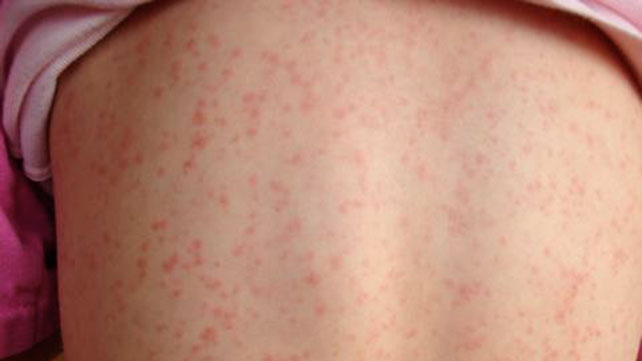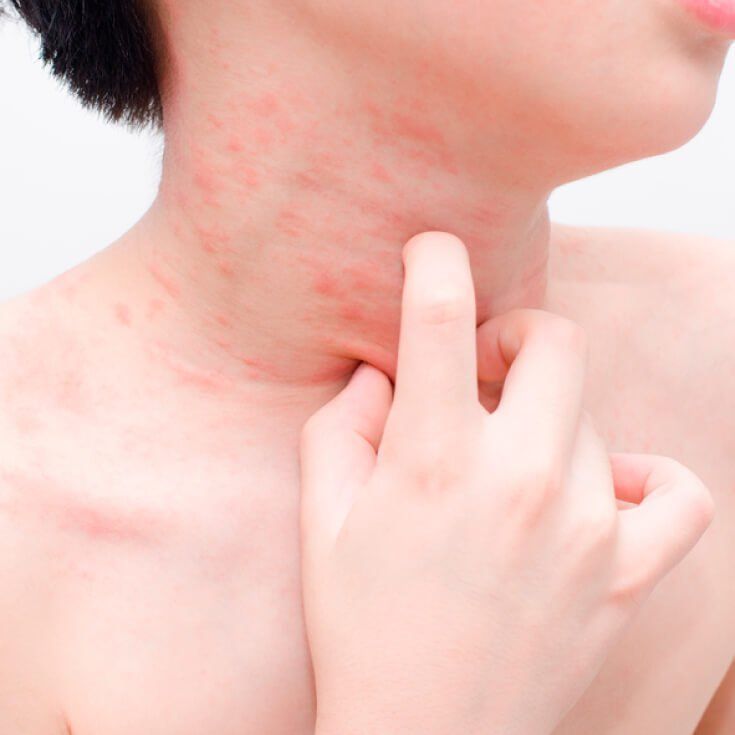
Strep rash is caused by an infection, a virus, bacteria or a fungus and is caused by the Streptococcus bacteria which can be found on a number of different types of skin, although it is most common to infect the skin on the genitals. The problem with Strep rash is that it causes the body to produce antibodies in order to fight the infection.
Symptoms of Strep rash include white spots on the skin (rhinitis), intense itching of the skin (dermatitis), a scab forming over the area (erythema) and burning sensation, swelling or redness in the affected area and fever. If left untreated, the symptoms can progress quickly and lead to scarring. However, it is important to remember that there is no way for the person to completely cure the infection so treatment is normally based on reducing the severity and clearing up any existing infections.
Antibiotics are usually given to people infected with the antibiotic-resistant Strep strain. This will help reduce the number of bacteria in the body and reduce the symptoms of strep rash.
There are several alternative and homeopathic remedies for treating the symptoms of strep rash. Tea tree oil has been used to treat this condition. Other ingredients include aloe vera and vitamin A. Large amounts of fluids, such as water, are also suggested cranberry juice and lemon juice can help reduce the intensity and duration of the infection.
One of the best things about homeopathic remedies is that they have no side effects and can even help prevent further infections if used on a consistent basis. For most symptoms, a good homeopathic remedy combined with regular hygiene is all it takes to prevent further flare-ups.
If you've been diagnosed with a strep rash and haven't had treatment yet, it's important to see your doctor right away. While it is incurable, it can be dealt with and does not need to be spread. In addition, if a person is not careful about diagnosing a yeast infection on their own, they may remain vulnerable to further infection as it spreads from one person to another.

One of the best ways to stop the spread of this infection is to maintain good hygiene and maintain good hygiene habits. If you are suffering from this infection, or think that you may be suffering from this infection, make sure you follow the steps your doctor has recommended for you.
It is important to note that you should never scratch as this will only irritate the skin further and can further irritate the symptoms of the infection. Once the infection has begun to spread, it is important that you clear the area thoroughly with antibacterial cream and then apply some anti fungal ointment to help to kill the bacteria. Finally, wash the area using hot water and antibacterial soap.
There are many effective homeopathic treatments that can help to reduce the symptoms of Strep rash. If you are not sure about which type of homeopathic remedy would suit you best, then you may want to speak to your doctor about their recommendations.
If you want to keep your skin free from yeast infections, you need to eat a diet that is rich in the fibre and vitamins that you need to keep your immune system strong. Drinking plenty of water and eating foods that contain zinc will also help to keep the immune system strong.
You can also find a great deal of information online in regards to how to stop this infection from spreading. Although this treatment will take some time and dedication, it is possible to get rid of this infection completely.
To prevent it from spreading, you will need to keep your hands away from other people. If you have more than one person in the same room at the same time, then you will need to wash the affected area thoroughly before putting on any protective gloves.
Remember, that although this treatment is a natural way to stop Strep, you still need to take it seriously because you can never be too careful with our body systems. It is very important to protect them from all potential germs.
About the author